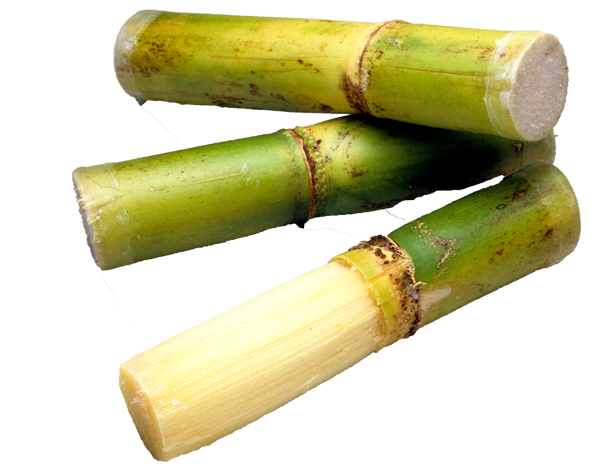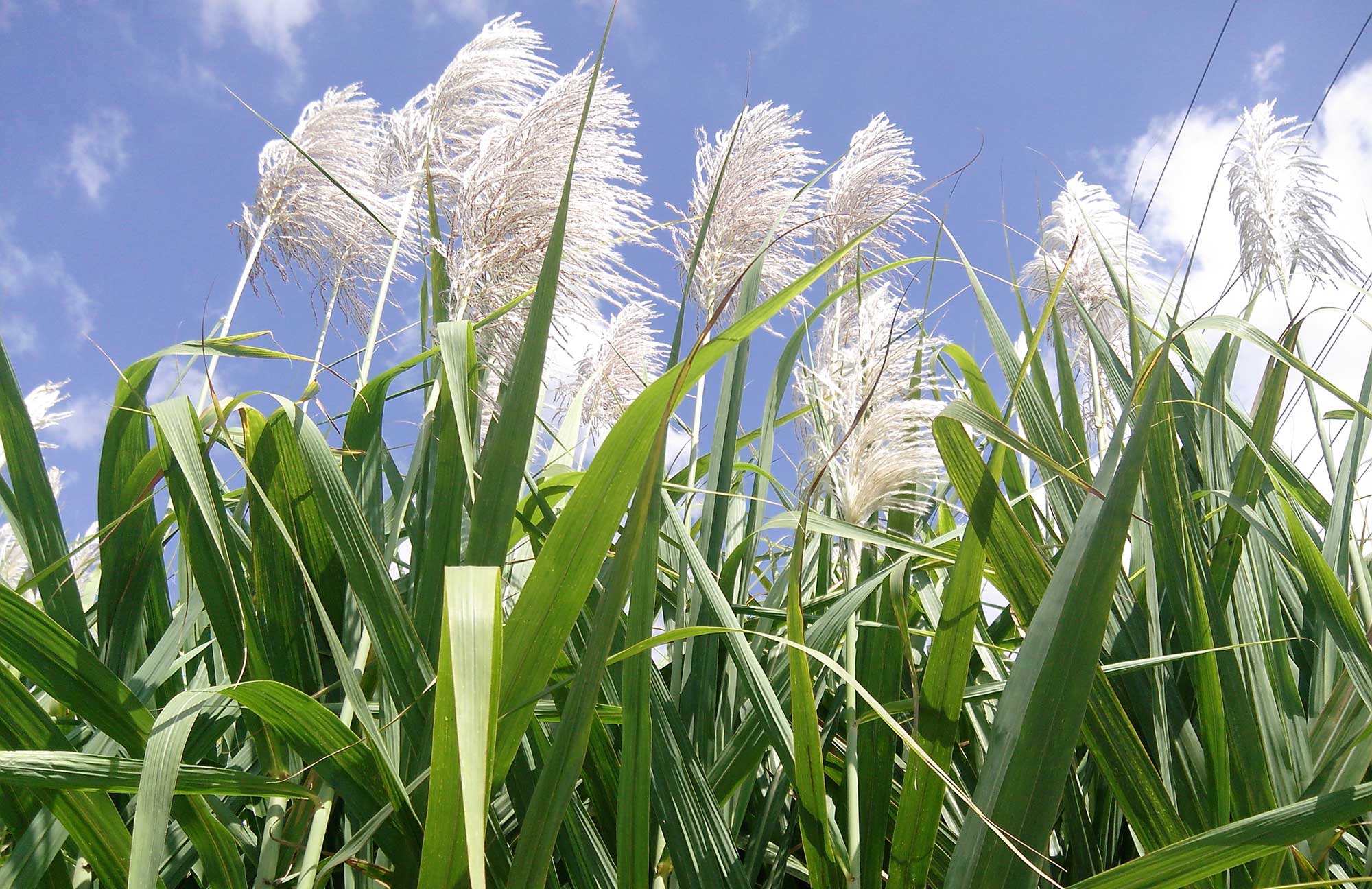How Sugar and Cane Affect Your Taste Buds and Cooking Experience
How Sugar and Cane Affect Your Taste Buds and Cooking Experience
Blog Article
Why Walking Cane Sugar Handling Chemicals Are Critical for Modern Sugar Refining
The role of walking stick sugar processing chemicals in modern sugar refining can not be overstated, as they are integral to enhancing both the effectiveness of extraction and the total quality of the last item. Agents such as phosphoric acid and details flocculants are employed to eliminate pollutants, leading to sugar that not just meets customer assumptions but additionally follows market criteria. The ramifications of these chemicals prolong past top quality, touching upon market dynamics and environmental factors to consider. sugar and cane. This elevates important concerns concerning the sustainability of such practices and their effect on the future of sugar production.
Function of Processing Chemicals
The efficacy of cane sugar handling pivots significantly on the tactical application of processing chemicals. These chemicals play a pivotal role in enhancing the effectiveness and high quality of sugar extraction and refining. From the initial phases of juice removal to the last filtration steps, processing chemicals facilitate different important procedures.
In the extraction stage, chemicals such as phosphoric acid and calcium hydroxide are used to maximize the information process, helping to remove impurities and put on hold solids from the walking cane juice. This not only improves the return yet likewise guarantees the clarity of the last product. Additionally, representatives like flocculants aid in the rapid settling of pollutants, thereby streamlining the total process.
As the processing advances, chemicals are utilized in decolorization and condensation stages. Turned on carbon and ion exchange resins serve to eliminate shade and odor, making sure that the refined sugar meets customer high quality criteria. Eventually, the duty of handling chemicals prolongs past operational performance; they substantially affect the sensory characteristics of the last product, adding to market competitiveness. Thus, the thorough selection and application of these chemicals are crucial for achieving optimum results in walking cane sugar processing.
Key Kinds Of Chemicals
Walking cane sugar handling relies upon a selection of crucial chemicals that help with each stage of manufacturing. These chemicals play important duties in clarifying, bleaching, and purifying the sugar extracted from walking cane.
One key classification of chemicals consists of flocculants, such as polyacrylamide, which help in the explanation process by advertising the aggregation and settling of pollutants. Additionally, calcium hydroxide is usually used to neutralize acidity and aid in the removal of non-sugar components.
Whitening representatives, such as activated carbon and sulfur dioxide, are used to decolorize the syrup, leading to a more clear final item. These chemicals aid get rid of shade compounds that might impact the sugar's look and marketability.
Additionally, phosphoric acid offers as a pH regulator throughout the handling stages, guaranteeing optimum problems for the chemical tasks entailed in sugar extraction and purification.
Various other essential representatives include edta (ethylenediaminetetraacetic acid), which chelates metal ions that might militarize unwanted responses, and sodium hydroxide, which aids in pH control throughout the refining procedure. Collectively, these chemicals boost performance and make sure a top notch cane sugar product.
Advantages for Sugar Top Quality
Often neglected, the usage of specific handling chemicals significantly enhances the total high quality of cane sugar. These chemicals play a crucial duty in refining procedures, making sure that the end product fulfills rigid industry criteria for pureness and preference.

Furthermore, processing chemicals assist in accomplishing a constant granulation and appearance, which are crucial for consumer acceptance. By controlling the formation procedure, these chemicals make certain that the sugar crystals develop consistently, resulting in an extra attractive item that liquifies well in numerous applications.
Furthermore, using these chemicals can enhance the rack life of cane sugar by reducing wetness absorption and microbial growth. Generally, the critical application of processing chemicals is crucial for providing premium cane sugar that meets consumer expectations and sector demands.
Environmental Effect Factors To Consider

Furthermore, the energy-intensive nature of sugar refining, worsened by chemical usage, usually causes raised carbon exhausts. This contributes to climate change and raises concerns concerning the sustainability of current refining techniques. Additionally, the sourcing of these chemicals might entail practices that intimidate biodiversity, such as monoculture farming, which lowers the strength of agricultural communities.

To mitigate these influences, sugar refiners are progressively exploring sustainable alternatives and adopting ideal techniques that minimize chemical usage. Implementing extensive ecological management systems can assist ensure that the refining procedure straightens with ecological criteria and advertises biodiversity. Inevitably, a well balanced method that prioritizes both sugar quality and ecological stewardship is essential for the lasting stability of the sugar market.
Future Trends in Refining
As the sugar sector comes to grips with the environmental difficulties associated with typical refining techniques, innovative strategies are emerging to enhance both effectiveness and sustainability. One considerable trend is the fostering of eco-friendly chemistry concepts, which prioritize the usage of non-toxic, eco-friendly processing chemicals. This change not just reduces ecological impact yet also addresses consumer need for cleaner manufacturing techniques.
An additional appealing growth is the implementation of innovative filtration modern technologies, such as membrane splitting up and adsorption procedures. These strategies improve the clearness and top quality of the sugar while decreasing the quantity of wastewater created during refining. Furthermore, the assimilation of digital innovations, consisting site link of IoT and AI, is changing operational efficiency by allowing real-time surveillance and predictive maintenance, thus lessening source waste.
Moreover, using spin-offs from sugar refining, such as bagasse and molasses, pop over here is obtaining grip. These materials can be exchanged biofuels or value-added items, adding to a round economic climate within the sector. Jointly, these trends signal a shift towards more sustainable methods that not just boost functional effectiveness yet additionally align with global sustainability goals, guaranteeing the future viability of sugar refining.
Conclusion
Walking stick sugar processing chemicals are necessary in modern-day sugar refining, dramatically improving the effectiveness and top quality of sugar removal. The critical usage of these chemicals not just improves the purity and flavor of the final item but additionally ensures consistent crystallization and texture. As the industry progressively focuses on sustainability, the adoption of environmentally-friendly processing agents is most likely to form future patterns in refining, inevitably causing greater high quality products and expanded life span for consumers.

Inevitably, a well balanced method that focuses on both sugar quality and environmental stewardship is crucial for the long-term stability of the sugar market.
Walking cane sugar handling chemicals are important in contemporary sugar refining, dramatically improving the efficiency and quality of sugar extraction.
Report this page